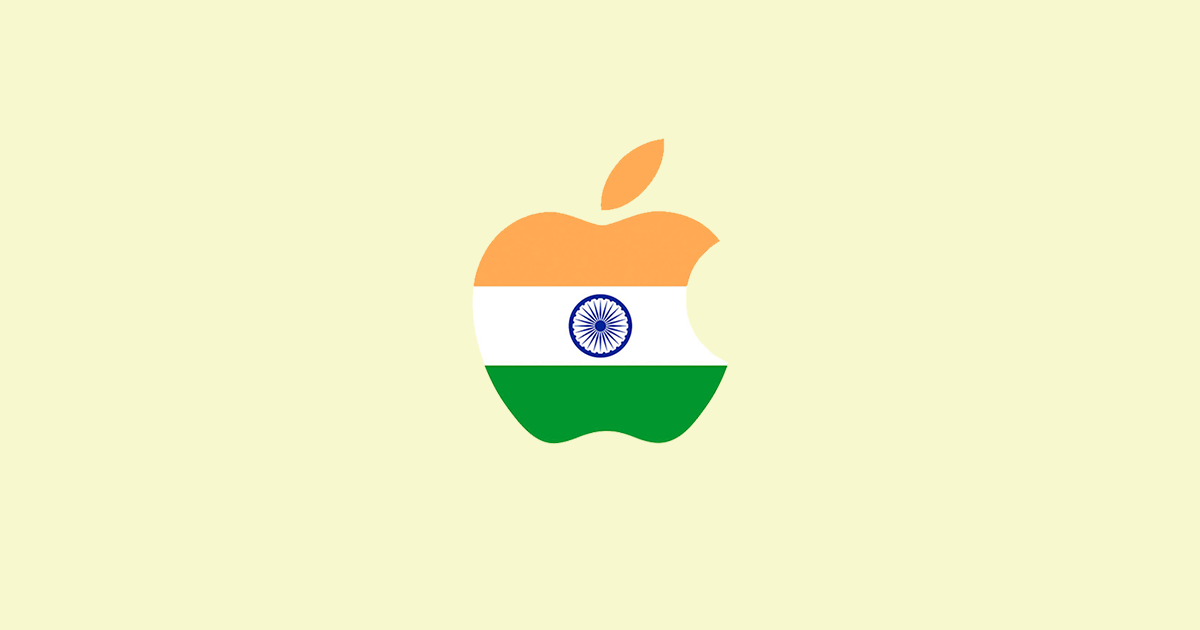The decision to move production to India is not entirely surprising, as Apple has been looking to diversify its manufacturing operations for some time now. In recent years, the company has faced mounting pressure to reduce its dependence on China, where labor costs are rising and geopolitical tensions are high. Additionally, the COVID-19 pandemic has disrupted global supply chains, causing many companies to rethink their manufacturing strategies.
India, with its large and rapidly growing population, has emerged as a prime location for Apple and other tech companies looking to expand their operations. The country has a large pool of skilled workers and a relatively low cost of labor, making it an attractive destination for manufacturers. Additionally, the Indian government has implemented a number of policies designed to encourage foreign investment and support the growth of the tech industry.
The move to manufacture iPhones in India is a significant step for Apple, which has long relied on China as its primary manufacturing hub. By diversifying its operations and establishing a presence in India, Apple is hedging its bets and reducing its reliance on a single market. This could help the company navigate future disruptions to the global supply chain and ensure a steady stream of products for consumers.
From the perspective of the Indian economy, the move by Apple could have significant benefits. By establishing a manufacturing presence in the country, Apple is creating jobs and helping to develop the local tech industry. This could lead to a broader ecosystem of suppliers and vendors, as well as increased investment in research and development. Additionally, the increased production of iPhones in India could lead to lower prices for consumers, making the devices more accessible to a wider range of people.
Of course, there are also potential downsides to the move by Apple. For one, the company could face significant logistical challenges as it seeks to ramp up production in India. The country's infrastructure is not as developed as China's, which could make it more difficult to transport goods and raw materials. Additionally, there are concerns about the quality of the labor force in India, with some experts warning that the country's education system may not be able to produce enough skilled workers to meet the demands of the tech industry.
Despite these challenges, Apple appears to be committed to expanding its operations in India. The company has already started manufacturing the iPhone SE and the iPhone 11 in the country, and it has reportedly set a target of producing $40 billion worth of iPhones in India over the next five years. This is a significant investment, and it underscores Apple's belief in the potential of the Indian market.
Apple's store in Mumbai's Bandra Kurla Complex is one of the company's flagship stores in India. The store is located in the financial and commercial hub of the city, and it offers a range of Apple products and services, including iPhones, iPads, Macs, Apple Watches, AirPods, and other accessories. The store also offers various customer support services, including product repairs and technical support.
Overall, the decision by Apple to start manufacturing iPhones in India is a significant development for the company and the Indian economy. While there are certainly challenges ahead, the move has the potential to create jobs, spur innovation, and drive economic growth. As such, it will be worth watching closely to see how this initiative unfolds in the coming years.













